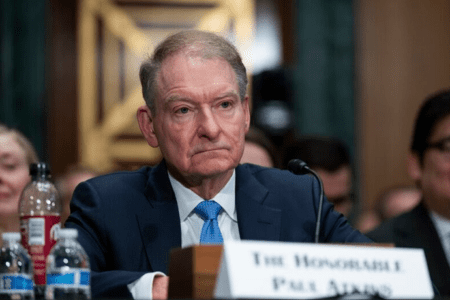GameStop (GME) gained notoriety as a “meme stock” in 2021 when retail investors, coordinating on social media platforms like Reddit, drove its share price to unprecedented heights. This phenomenon, known as a “short squeeze,” caught many institutional investors off guard. GameStop recently announced plans to add Bitcoin (BTC) to its treasury reserve assets, following in the footsteps of companies like MicroStrategy.
To fund this initiative, GameStop (website) unveiled a $1.3 billion, 0% convertible note offering. However, the market’s initial excitement quickly turned to skepticism, resulting in a significant sell-off:
- Sharp Price Decline: GameStop’s shares plummeted 25% on Thursday, erasing all gains made since the Bitcoin announcement and reaching its lowest price since October.
- Investor Concerns: The sell-off may indicate investor disapproval of the Bitcoin acquisition plans or concerns about the convertible note pricing.
- Convertible Note Impact: The pricing period for convertible bonds often leads to share price declines, as potential bond buyers may sell or short the stock.
Analysis of GameStop’s Strategy
Comparisons to MicroStrategy: While GameStop appears to be following MicroStrategy’s playbook, analysts point out key differences:
- MicroStrategy trades at less than twice the value of its Bitcoin holdings.
- GameStop trades at more than twice its cash holdings.
Analyst Skepticism: Some analysts, like Wedbush’s Michael Pachter, express doubt about the offering’s success:
- The zero-coupon convertible note requires investors to believe in GameStop‘s long-term meme phenomenon.
- Investors might prefer direct Bitcoin or Bitcoin ETF investments rather than paying a premium for GameStop’s potential Bitcoin conversion.
Broader Context
GameStop‘s move reflects a growing trend of companies converting cash reserves into Bitcoin. This strategy, pioneered by MicroStrategy, has gained traction, especially in light of recent political developments supporting digital asset growth in the United States.
However, opinions on this strategy remain divided. While some view it as a forward-thinking approach to treasury management, critics like Peter Schiff argue that “gambling on companies buying Bitcoin is not a good investment strategy”.
As GameStop navigates this new territory, investors and analysts will closely watch how this Bitcoin strategy impacts the company’s financial health and stock performance in the coming months.





